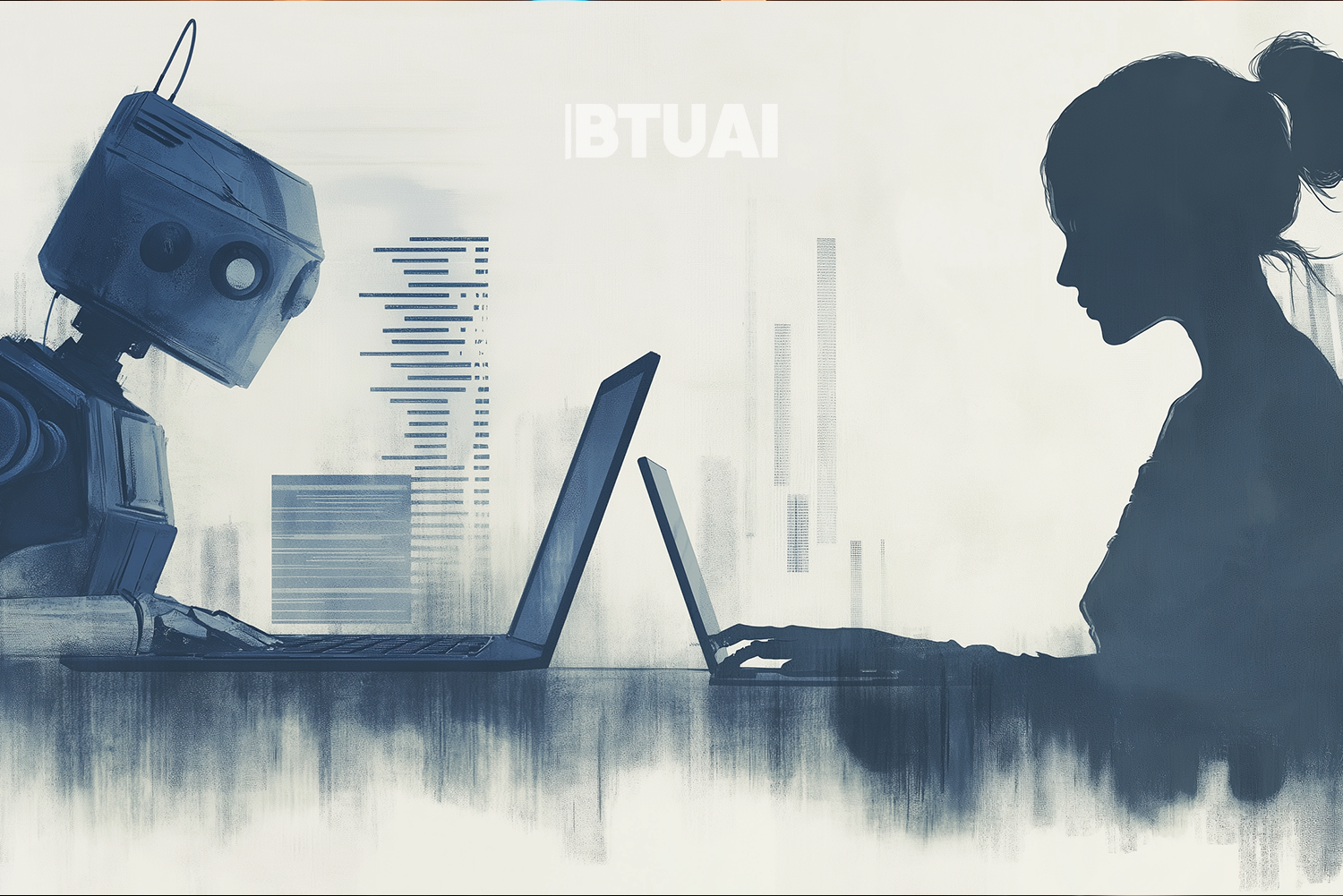How AI Will Transform Internet Search and What Georgia Should Consider
The integration of artificial intelligence (AI) into internet search processes is fundamentally reshaping how information is accessed and consumed.

The integration of artificial intelligence (AI) into internet search processes is fundamentally reshaping how information is accessed and consumed. New AI-powered search systems like Perplexity AI, Google Gemini, and OpenAI’s SearchGPT have the potential to replace traditional search engines, revolutionizing the standards of online information retrieval.
Traditional search engines, such as Google, rely on content indexing and link-based recommendations, leaving users to decide which links to open. In contrast, AI-driven search systems use advanced algorithms to gather, process, and summarize information from multiple sources, delivering concise answers alongside a few links. These systems aim to present information in a more efficient and user-friendly manner, diminishing the reliance on traditional search engines.
One key advantage of AI-powered search systems is their ability to better understand user intent and synthesize information from diverse sources. Users receive well-structured, comprehensive answers instead of sifting through numerous links. However, this shift poses challenges to the current digital economy. Online content production often relies on website visits, advertisements, subscriptions, and brand visibility. If AI systems replace traditional search engines, content creators could see a decline in traffic and revenue, as users may no longer need to visit source websites.
Despite their potential, these systems raise ethical and legal concerns. For example, in October 2023, News Corp filed a lawsuit against Perplexity AI, alleging copyright infringement. The claim argued that AI systems freely use created content without directing users to the original sources, undermining the value of creators’ work. Courts in the United States have generally sided with tech companies, deeming content use transformative enough to avoid liability. However, if News Corp’s case succeeds, it could impose restrictions on data use, potentially reducing the diversity of accessible information.
Countries like Australia and Canada have already introduced measures requiring platforms to compensate media organizations for using their content. These steps aim to balance value distribution between content creators and AI search operators. Georgia, too, must prepare for these changes, addressing both the opportunities and challenges posed by AI-driven search systems.
For Georgia, these systems offer significant opportunities to simplify information access and expand public knowledge. However, they also risk reducing revenue for local content creators. To mitigate this, Georgia’s media and business sectors should adopt proactive strategies, such as developing partnership models that ensure financial stability for creators while enabling collaboration with AI search providers. These agreements could include compensation for content use or shared revenue models.
Additionally, the Georgian government must establish regulations that protect content creators while fostering technological innovation. Legal frameworks should strike a balance between encouraging innovation and safeguarding intellectual property rights. Ensuring fair use of AI technology requires comprehensive policies that address ethical and economic concerns.
AI-driven search systems could also enhance Georgia’s education system. The adoption of these technologies necessitates new skills and competencies. Educational institutions should develop programs focusing on technical skills, critical thinking, and information analysis, preparing young people to leverage AI technologies effectively.
Raising public awareness is equally important. Citizens need to understand how AI search systems work, their risks and opportunities, and how to use them responsibly. An informed public will be better equipped to take advantage of these technologies while navigating their complexities.
AI-powered search represents a significant part of the internet’s future, but its implementation requires thoughtful policies and regulations to ensure fairness for users and content creators alike. Georgia must prepare for this technological transformation by leveraging its benefits, strengthening its digital ecosystem, and establishing itself as a competitive player in the global market. Collaboration among media, businesses, and government will be key to navigating this new digital landscape and maximizing the potential of AI technologies for national development.




